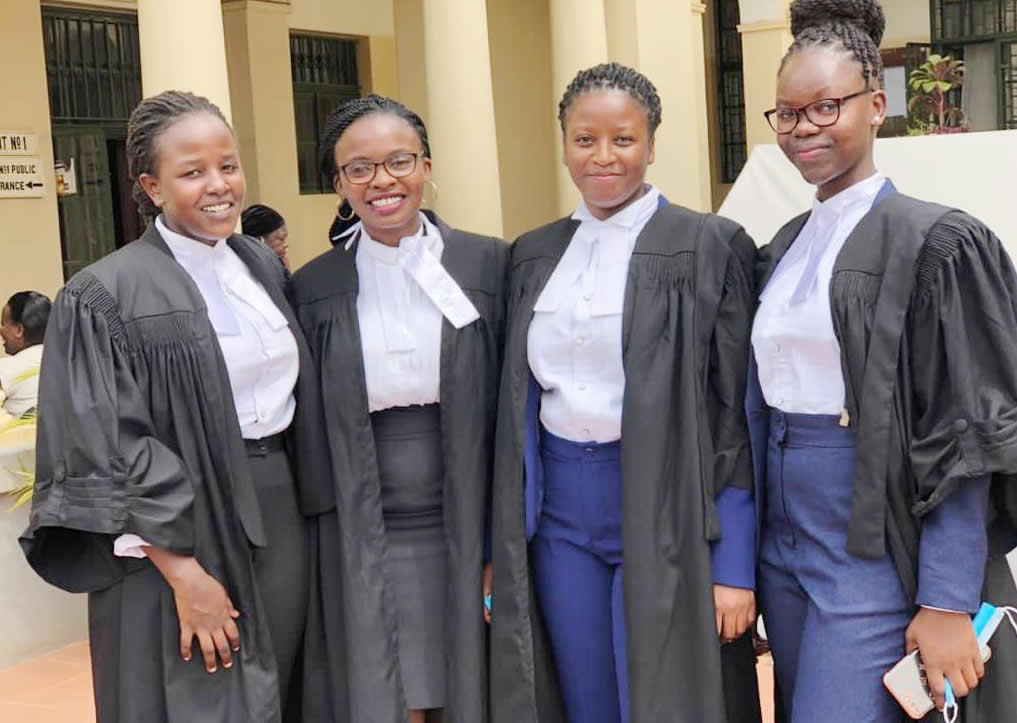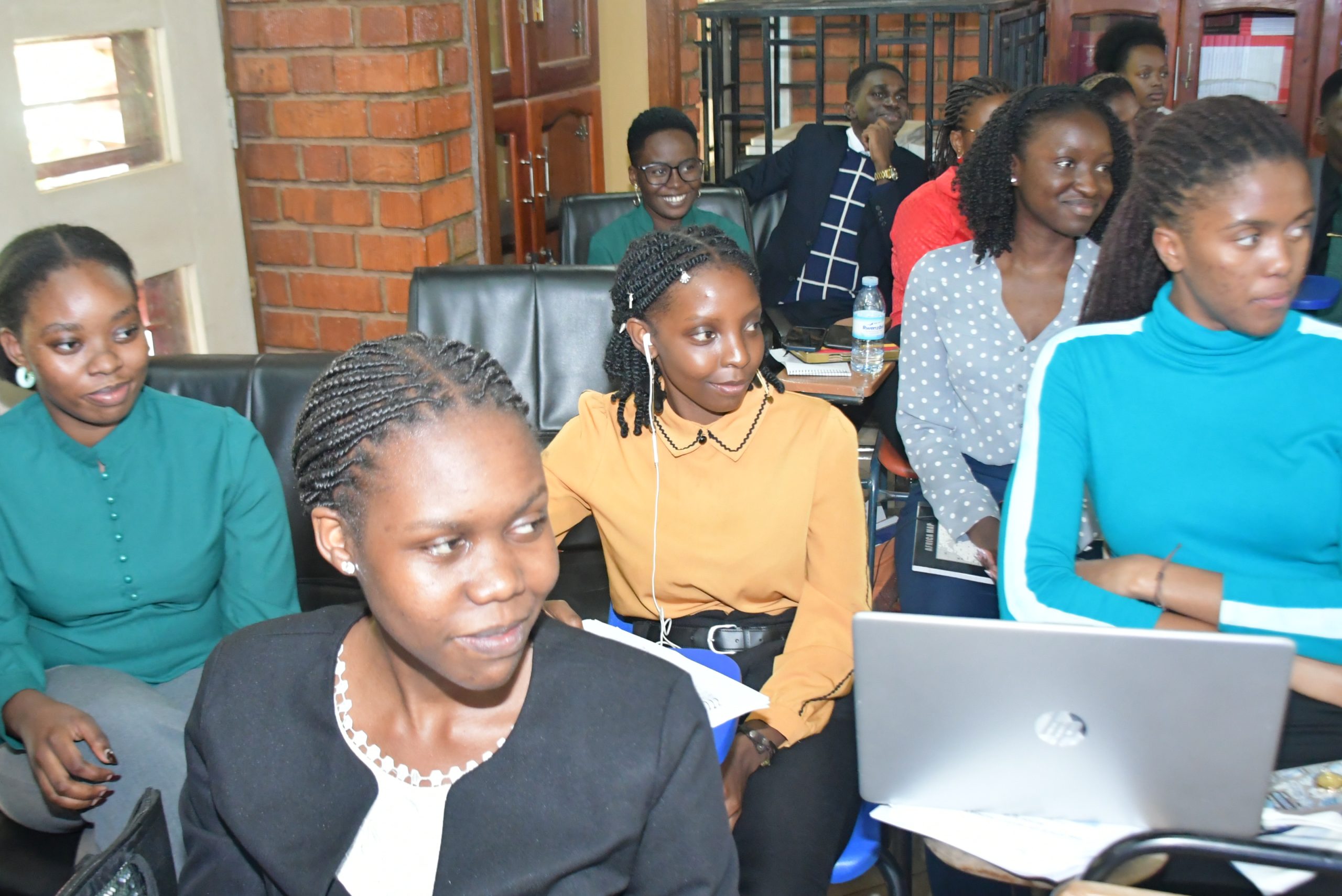Three Proposed Research Papers Validated
Dr. Emmanuel Kasimbazi from the Environmental Law Centre set out to explore the subject of Disability rights in urban transport in Uganda: The Case study of Kampala Capital City Authority. In his problem statement, Dr. Kasimbazi cited the issue of the special needs that persons living with disabilities face in accessing and use of public transport and ensuring their mobility despite the existing legal framework as well as institutional frameworks aimed at mainstreaming PwD’s rights that also stretch to the transport sector.
He cited the challenges of inadequate provisions in motorized transport and the poor facilities in non-motorized transport such as walking and cycling, which he said were further aggravated by inadequate designs of roads infrastructure, services and facilities that did not provide for the needs of the Persons living with disabilities leading to their limited mobility, injury, low confidence, self-denial and resignation.
The Second Research paper by Dr. Phiona Muhwezi Mpanga from the Commercial Department will explore “Formal employment Recruitment, Reasonable Accommodation and Persons Living with Disability. Dr. Mpanga stated that in Uganda, there was a high level on unemployment which she attributed to ‘the skills gap because of a disconnect between available jobs and skills required to execute the job’. She stated that for the disabled persons, their unemployment remained significantly higher with only 1% of tham in the formal sector.
In her problem statement, she mentioned that despite the fact that work has shifted from manual to service based structures and the efforts aimed at policy and legal reforms to improve the conditions of the most vulnerable sections of society, the employment gap among PwDs remained high due to the impediments in the workplaces but also at the points of entry, which she said, was not addressed in the current legal and policy responses.
The third research paper by Dr. Kakungulu Mayambala is on the subjecy; ‘Using ICTs to Promote Inclusive Learning for Persons with Disabilities: Opportunities and Challenges for Uganda. He stated that persons with disabilities have for long been marginalized in the education system despite the numerous policies and legislation like the Disability Act of Uganda, The Education (Pre Primary and Post Primary) Act, and the Local Government Act among others.
In his problem statement, Dr. Kakungulu states that poorly targeted policies and lack of focused programs to address the question of inclusive education and learning for persons with disabilities had curtailed equitable access to quality teaching and learning for this category of learners in Uganda
In the peer review during that Validation meeting, the three proposed studies that were presented were discussed and some input raised in order for the researchers to make improvements. These included getting more focused, using case studies, the use of personal experiences in the background, the choice of words to use especially in reference to persons living with disabilities, the utilization of both legal and social research angles as well as proposed persons to target in the interviews and other material that give valuable information and would improve on the quality of the studies.
The Meeting was attended by representatives from The Ministry of Education and Sports, The Ministry of Justice and Constitutional Affairs, The National Council of Disability, the National Union of Women with Disabilities in Uganda, Uganda Human Rights Commission, Kyambogo University and the Directorate of Human resources, Makerere University.


